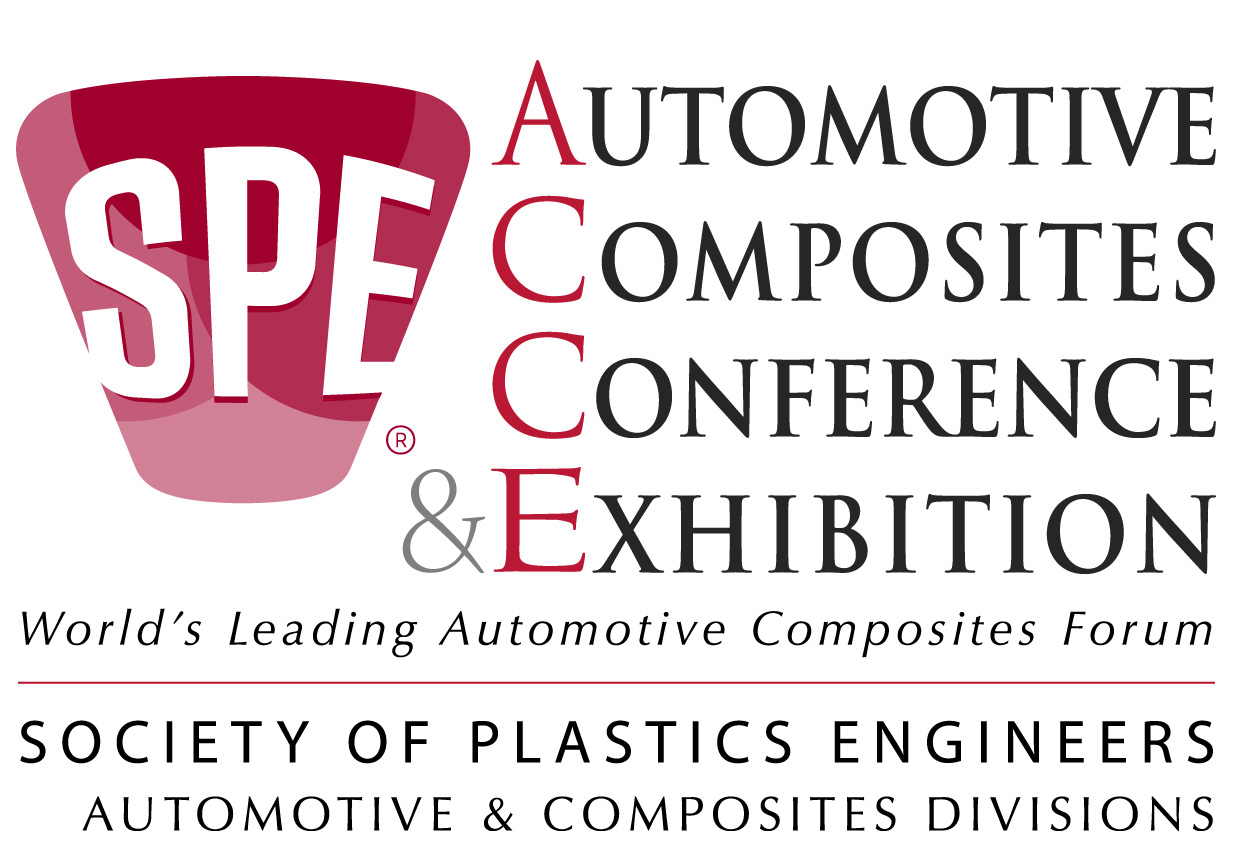
Ph.D. Candidate Lu Wang Awarded 2016 SPE Automotive Composites Conference & Exhibition (ACCE) Graduate Scholarship

Ph.D. Candidate Lu Wang was awarded the SPE Engineers Automotive Composites Conference & Exhibition (ACCE) Graduate Scholarship from the Society of Plastics Engineers for the 2016-2017 academic year. Wang is pursuing a Ph.D. in Forest Resources from the School of Forest Resources under advisement of Dr. Douglas Gardner and conducts research at the UMaine Composites Center.
The scholarship, in the amount of $2,000, is awarded to students whose composites-intensive projects were judged by SPE to have the greatest potential impact on ground transportation. This scholarship was awarded for his research project entitled Cellulose Nanofibrils Reinforced Polypropylene by 3D printing for lightweighting. The scholarship will be presented at the 2016 SPE Automotive Composites Conference & Exhibition in Detroit, MI, September 7-9.
Wang holds a B.S. degree from the Department of Wood Science at Central South Forestry University (Changsha, Hunan, China) and an M.S. from Nanjing Forestry University (Nanjing, Jiangsu, China) where he studied bamboo-based engineering composites.
Wang previously won the George L. Houston Scholarship (2014) and Blumenstock Family Forest Products Graduate Student of the Year Award (2015) from the School of Forest Resources at UMaine. In addition, he co-mentored 2 students from the National Science Foundation-Research Experience for Undergraduate (NSF-REU) for the research in cellulose nanofiber modification and 3D printing. After graduation, he wants to continue research in the field of polymer nanocomposites at an industrial research center or a university.
From Wang:
CNF, a type of nano-scale cellulose fibers, has extraordinary potential to be used as a reinforcement in polymers. It is estimated to be as strong as steel, but five times lighter. Its stiffness is equivalent to high performance synthetic fibers like Kevlar. Compared to other kinds of reinforcements, CNF has lower density, higher specific strength and modulus, lower cost, world-wide availability, recyclability and biodegradability. 3D printing has been found to benefit the automobile industry, especially in prototyping design and testing. However, two obstacles exist for 3D printing some semi-crystalline polymers like polypropylene (PP). 1) PP deforms during printing, which warps the printed layers. 2) The mechanical properties of printed polymers are only 60-80% of their injection molded counterparts because the printing process generates many voids inside the parts. Two objectives of his research are 1) to explore the use of CNF in 3D printing PP and 2) to make printed PP equally strong to injection molded PP.
